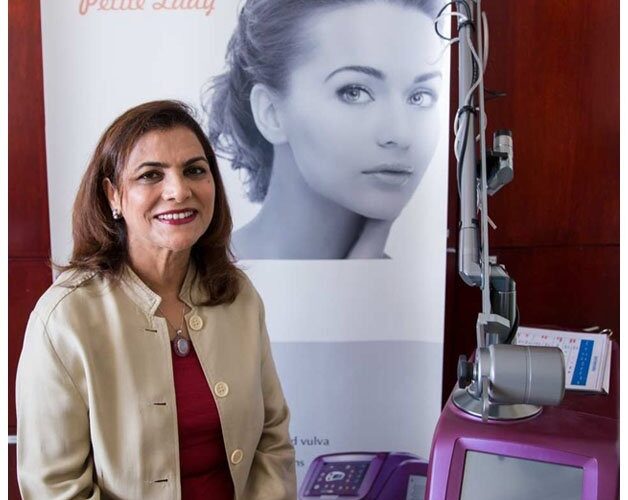For many women, a visit to the best gynecologist in Dubai is often associated with a Pap smear. While this test is an integral part of gynecological care, there is much more to expect from your next gynecologist visit. Here is a breakdown of what to expect during your next gynecologist visit.
Medical history review:
Your gynecologist will review your medical history at the start of your appointment. This includes any medications you are taking, previous surgeries, medical conditions, and family history. Providing accurate and thorough information is vital as it helps the gynecologist provide appropriate care and identify potential health issues.
Physical exam:
A physical exam will be conducted to assess the overall health of your reproductive system. This includes a breast exam, where the gynecologist checks for any lumps or abnormalities, and a pelvic exam, where the gynecologist checks for any changes or abnormalities in the vagina, cervix, uterus, ovaries, and fallopian tubes.
Contraception counseling:
If you are sexually active and not planning to get pregnant, your gynecologist may discuss different types of birth control options with you. They will explain the benefits and risks of each option and help you choose a method that suits your lifestyle and needs.
Sexually transmitted infection (STI) testing:
STI testing is a routine part of gynecological care. Your gynecologist may recommend screening for STIs such as chlamydia, gonorrhea, and human papillomavirus (HPV) if you are at a higher risk of contracting an STI, such as if you have multiple sexual partners, your gynecologist may recommend more frequent testing.
Menopause management:
Your gynecologist may discuss different management options if you are experiencing symptoms such as hot flashes, night sweats, and mood changes. This may include hormone replacement therapy, lifestyle changes, or alternative therapies.
Health promotion and education:
Your gynecologist may provide health promotion and education on various topics, such as healthy eating, exercise, and reducing stress. They may also discuss the importance of regular screening tests, such as mammograms, and how to perform breast self-exams.
While the Pap smear is an integral part of gynecological care, there is much more to expect from your next gynecologist visit. Your gynecologist will review your medical history, conduct a physical exam, provide contraception counseling, recommend STI testing, manage menopause symptoms, and provide health promotion and education.



